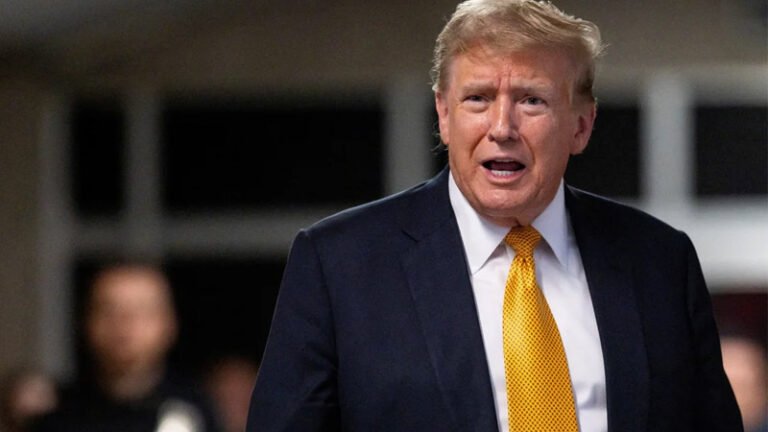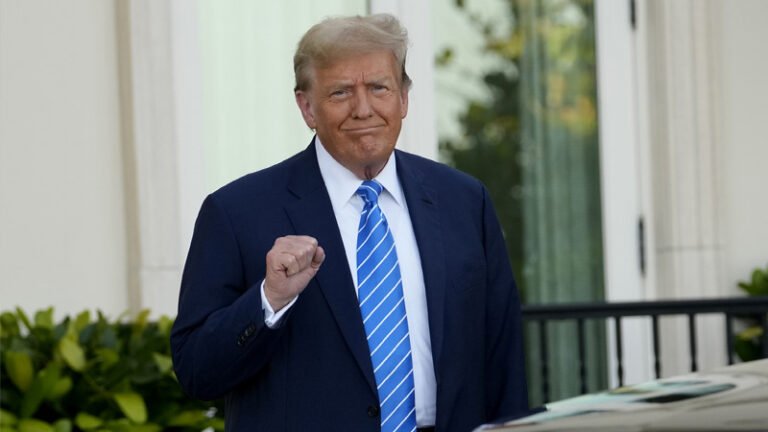The Supreme Court has delivered a game-changing ruling by rejecting a petition from InfoWars journalist Owen Shroyer, in a stunning twist in the aftermath of the events of January 6 at the Capitol involving Donald Trump.
As reported by CNN, The Post Millennial on Monday, June 3, 2024, Shroyer had sought to challenge a misdemeanor plea based on First Amendment protections following his presence on the Capitol grounds during the J6 protest.
Accompanying Alex Jones but never entering the Capitol Building itself, Shroyer faced charges of trespassing on the Capitol grounds and using a blowhorn at the front of the building, allegedly inciting the crowd in the process.
Despite claims from Shroyer and Jones that they were attempting to calm the demonstrators, prosecutors argued that Shroyer’s actions, including leading a chant of “1776” on the steps of the Capitol, contributed to escalating tensions and defied officers’ instructions to vacate the premises.
Following his guilty plea to trespassing and subsequent sentencing by U.S. District Judge Timothy Kelly to 60 days in prison, Shroyer expressed his intention to appeal on the basis of upholding his First Amendment rights.
Asserting his innocence due to not actually entering the Capitol building and emphasizing his presence on its public grounds during the events of J6, Shroyer maintained his stance that his actions were protected speech under the Constitution. NBC News Says
After his sentencing, Shroyer took to social media to underscore the significance of the year 1776 and its connection to American history, criticizing the government’s position that chanting the date in Washington, DC warranted imprisonment.
In a video statement, he highlighted what he viewed as an infringement on his freedom of expression, citing the government’s sentencing memo as evidence of their contention that his vocalization of “1776” constituted a punishable offense in the nation’s capital.
While the rejection of Shroyer’s appeal marks a setback in his legal battle, the broader implications of his case resonate within the ongoing debate surrounding the events of January 6 and the boundaries of First Amendment protections in the context of civil unrest.
As the judicial system navigates these complex issues, the outcome of Shroyer’s plea serves as a poignant reminder of the challenges inherent in balancing individual liberties with public order and security in a democracy.





